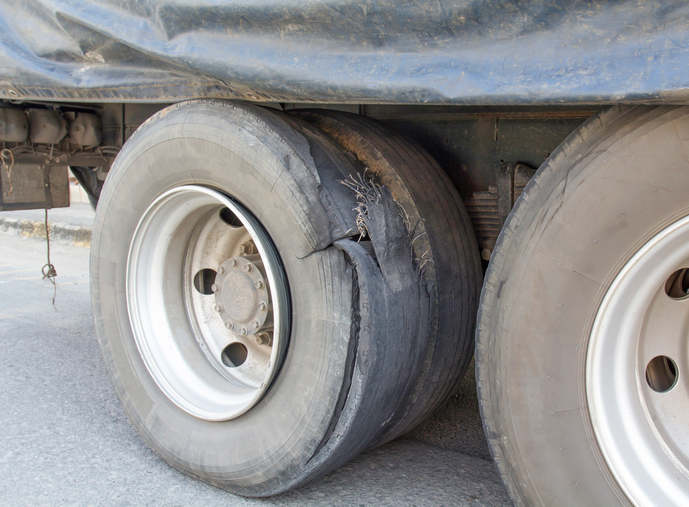Could Grads of Dispatcher Training One Day See Organic Tires? Find Out What Michelin Has in Store

Cars having tires made of black or gray rubber is close to a universal constant, so to think that this might someday change is a bit jarring, to say the least. However, work is ongoing towards just that goal.
Michelin’s concept tire, called the “Vision,” is made from organic material, and could be a preview of a not-too-distant possible future. It’s a future in which recycling is taken to a practical extreme, and tires are not static objects that stop being useful for half the year, but rather can suit whatever task they are faced with.
Want a look at this would-be tire of the future? Here’s a sneak peek, with some of what it could mean for professionals in dispatching careers.
After Dispatcher Training, You Might See the Vision Save Some Money
Traditional tires are usually made from a mix of semi-expensive natural rubber and relatively inexpensive synthetic rubber, and while they aren’t bank-breakingly expensive, a price drop would certainly be welcome. That’s why one of the most appealing benefits of Michelin’s Vision is that it is made of waste material—things like fruit peels, scrap metal, molasses, and other kinds of material that would likely otherwise end up in a landfill. This should result in a lower materials cost for tires.
Tires are one of the top expenses for companies that rely heavily on trucks, which means any prospect of reducing their cost will be exciting to many graduates of dispatcher training. Keep an eye out for new developments in this area in the coming years for potentially huge savings for your workplace.
Michelin’s Concept Tires Are Airless, Which Offers Benefits for Stability and Safety
Many of the most interesting concept tires that have been announced in the past few years—including this offering by Michelin—are meant to work without being inflated. Instead of being a hollow body filled with air, the design is more akin to a 3D lattice. This design provides much of the same softness and flexibility that are benefits of a traditional inflatable tire, but with the added bonus of not needing to be inflated with any air.
Improperly inflated tires can have negative effects on a truck’s stability and fuel efficiency, and a tire that pops during a drive presents a risk of a loss of control, and can also lead to time wasted on replacement or repair. Switching to an airless design like this one could allow professionals in many careers in the auto industry—but particularly those relating to the dispatching industry—to provide an added level of stability and efficiency to the vehicles they oversee.

Pros in Dispatcher Training Might Not Need to Replace the Vision Very Often
When a modern tire’s treads wear down, it’s time to replace it. That’s a lot of material lost because of a very small portion of the whole being degraded. The Michelin Vision has an interesting solution to this problem: don’t throw out the whole tire—just repair it.
The team behind the tire proposes using 3D printing to add or alter the tread on Vision tires, which opens up many possibilities. Worn down tires, for example, could be fixed up, or tires with summer treads could be adjusted to have the deeper grooves necessary for good traction on winter snow. Sensors within the tire would be able to monitor the state of the vehicle’s tires, ensuring that whenever one needs to be adjusted, the owner of the vehicle would get a notification of what is wrong.
There’s potential for enormous savings and customizability here, and a much more environmentally responsible manner of using tires than anything that is going on currently. If ever this technology hits the truck supply market, it could offer many benefits to fleets.
Are you considering attending dispatch schools in Montreal?
Contact Automotive Training Centres to learn how to get started!

